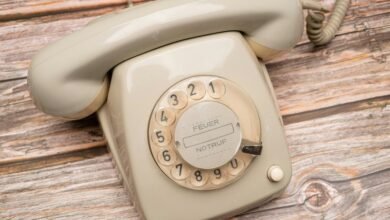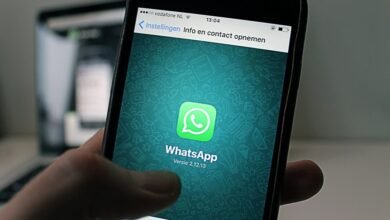What You Didn’t Expect: 8664425032

The toll-free number 866-442-5032 has garnered a variety of customer experiences. Some users commend its efficiency, citing swift resolutions. However, others express frustration with long wait times and automated systems. This dichotomy raises questions about the effectiveness of such services. What factors contribute to these mixed reviews? The implications for consumer safety and service quality are worth examining further.
The Origins of 866-442-5032
The telephone number 866-442-5032 has a history that piques curiosity.
Its area code, 866, signifies a toll-free service, suggesting broad accessibility.
This number’s significance lies in its potential to connect people without the burden of cost.
As a toll-free line, it embodies the spirit of communication freedom, inviting inquiries about its origins and the services it represents.
Customer Experiences and Reviews
How do customers perceive their interactions with the toll-free number 866-442-5032? Many individuals provide customer feedback highlighting a range of experiences.
User satisfaction appears to vary, with some praising quick resolutions while others express frustration over delays.
This diverse feedback underscores the need for continuous improvement and responsiveness to enhance overall customer interactions and foster a more positive perception of the service.
The Role of Automated Messaging
Automated messaging has emerged as a pivotal element in customer service interactions, particularly for toll-free numbers like 866-442-5032.
This form of automated communication enhances messaging efficiency, allowing businesses to respond swiftly to inquiries.
By leveraging technology, organizations can provide immediate assistance, reducing wait times and improving customer satisfaction.
How does this shift impact consumer expectations and the overall service experience?
Potential Scams and How to Protect Yourself
Increased reliance on automated messaging systems, while beneficial, has also given rise to a variety of potential scams targeting unsuspecting consumers.
Fraud detection technologies are essential in identifying these threats, as identity theft becomes increasingly sophisticated.
Consumers must remain vigilant, verifying sources and protecting personal information.
Awareness and education can significantly reduce vulnerability, empowering individuals to navigate this landscape with confidence and freedom.
Conclusion
In navigating the complexities of 866-442-5032, consumers find themselves at a crossroads, balancing efficiency with the potential for deception. While some encounters shine like a beacon of prompt assistance, others cast shadows of frustration and doubt. As users continue to share their varied experiences, it becomes evident that vigilance is key. Ultimately, understanding this duality empowers individuals to protect their personal information, ensuring that their journey through customer service remains as smooth as possible.






